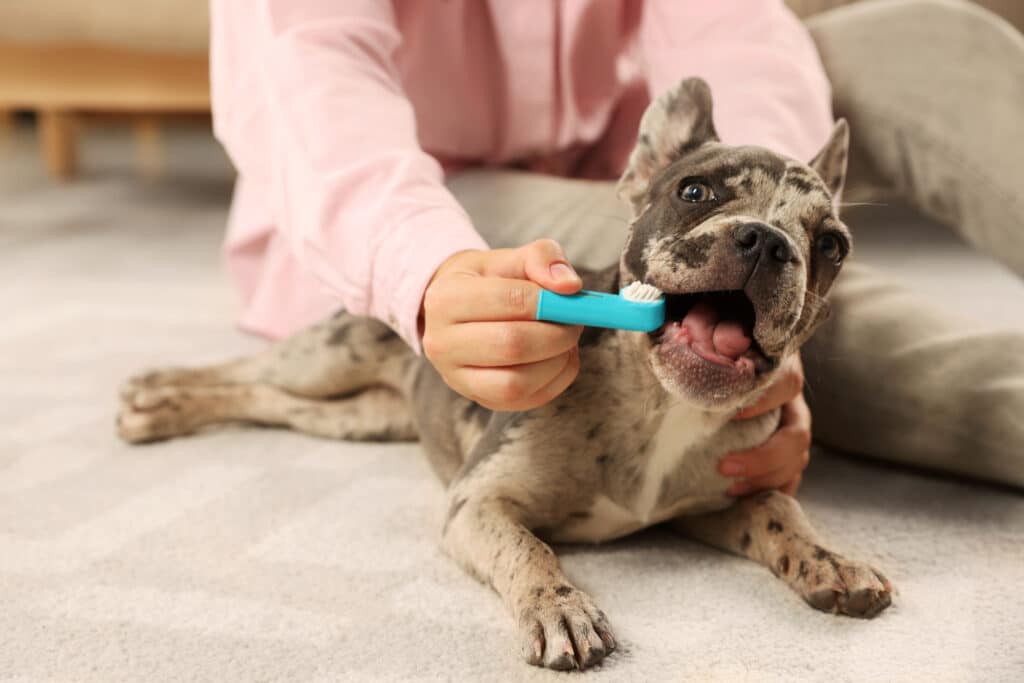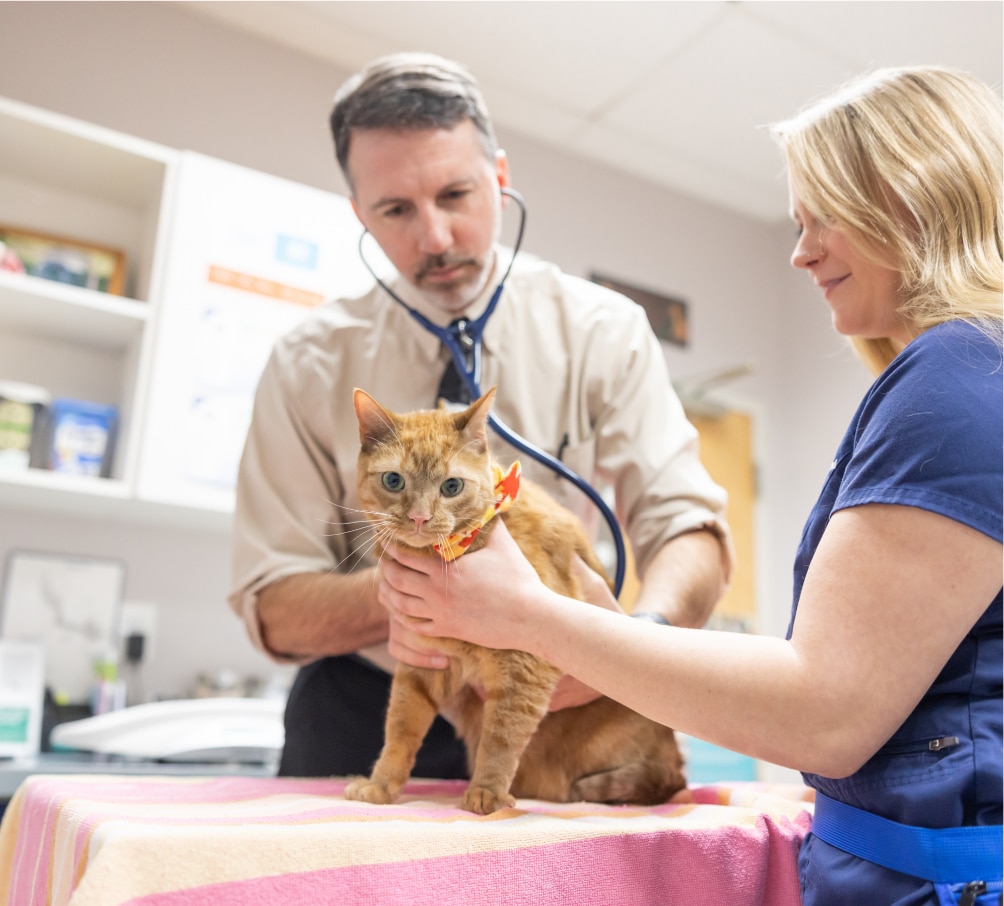Dental health is a vital aspect of pet care that is often overlooked. Just like humans, pets need regular dental care to avoid oral health problems and maintain overall well-being. Dental issues in pets can lead to pain, infections, and even systemic health issues affecting the heart, liver, and kidneys. Understanding the importance of dental health for pets and incorporating preventive practices into your pet care routine can make a significant difference in their quality of life.
Why Dental Health Matters for Pets
Oral health is more than just keeping your pet’s teeth clean; it plays a key role in their overall health. Without regular dental care, pets can develop tartar and plaque buildup, leading to gum disease, tooth decay, and bad breath. These issues can eventually result in periodontitis, a painful and serious gum infection that can damage soft tissue and destroy the bones supporting the teeth. For pets, this can cause discomfort when eating, tooth loss, and even behavior changes due to the pain.
Moreover, untreated dental disease can allow harmful bacteria to enter the bloodstream, potentially impacting the heart, liver, and kidneys. Pets with compromised immune systems or other chronic health conditions are particularly susceptible to these types of infections, making dental care even more critical for them.
Signs of Dental Issues in Pets
Early detection of dental issues can prevent more serious health complications down the line. Some common signs of dental problems in pets include bad breath, drooling, inflamed or bleeding gums, loose or missing teeth, and reluctance to eat or chew. Pets may also display a change in behavior, becoming irritable or withdrawn due to dental discomfort. If you notice any of these signs, it’s important to consult a veterinarian for a dental check-up as soon as possible.
Routine Dental Care Practices
Preventive dental care is essential in keeping your pet’s mouth healthy. Here are some effective practices to help maintain your pet’s dental health:
Regular Brushing: Brushing your pet’s teeth is one of the best ways to prevent plaque buildup and gum disease. Use a pet-safe toothbrush and toothpaste, as human toothpaste contains ingredients harmful to pets. Start by brushing a few times a week, gradually working up to daily brushing if possible.
Dental Chews and Toys: Dental chews and toys are specially designed to help clean your pet’s teeth by reducing plaque and stimulating the gums. They’re a great addition to your pet’s routine and can make dental care feel more enjoyable for them.
Healthy Diet: A balanced diet plays a significant role in maintaining oral health. Dry food can help reduce plaque buildup, while some prescription diets are formulated to promote dental health. Avoid feeding your pet sugary or high-carbohydrate treats, which can accelerate plaque formation.
Regular Professional Cleanings: Despite home care efforts, regular professional cleanings are essential for optimal dental health. Veterinarians can perform thorough cleanings under anesthesia, which allows them to reach below the gumline, where plaque and bacteria tend to accumulate. Most pets benefit from professional cleanings once a year, though this may vary depending on their specific health needs.
Routine Veterinary Check-ups: Regular vet check-ups ensure that any developing dental issues are caught early. Your veterinarian can provide a comprehensive assessment of your pet’s dental health, recommend specific treatments if needed, and offer guidance on maintaining dental hygiene at home.
Choose Old Farm Veterinary Hospital for Your Pet’s Dental Care
For pet owners in Frederick, MD, Old Farm Veterinary Hospital is a trusted choice for comprehensive pet dental care. Our experienced team offers a full range of dental services, from routine cleanings to advanced dental procedures, ensuring your pet’s mouth stays healthy and pain-free. With a focus on compassionate care and expertise, Old Farm Veterinary Hospital is dedicated to helping your pet maintain optimal dental health and a happy, comfortable life. Contact us to learn more or schedule an appointment.



